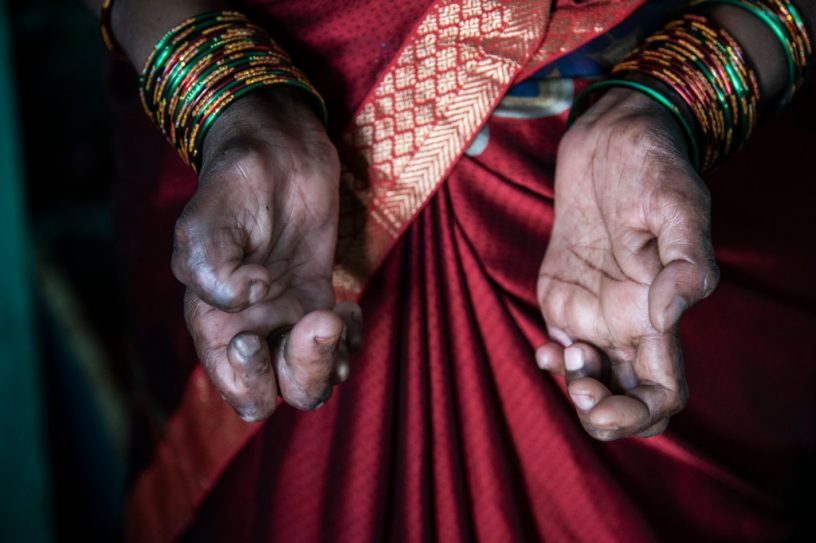
This study critically traces the resistance of the ‘leper’ against draconian legislations, as well as ostracisation in the colonial and postcolonial period.
Authors
Dipika Jain, Professor at Jindal Global Law School, O.P. Jindal Global University, Sonipat, Haryana, India
Summary
Colonial policies on leprosy were predicated on the enactment of laws and the administration of systems that targeted ‘vagrancy’ as disease control, subsuming classist, casteist, gendered and racial narratives within state response to the disease. Colonial state power, juxtaposed with the social capital of the Indian elite and ‘employed’ middle classes, created exclusive spaces for containment of (hyper visible, and therefore most vulnerable) leprosy sufferers belonging to ‘lower-caste,’ poor communities.
Colonial regimes of disease control built on underlying notions of ‘morality’ and ‘hygiene’ subsist, in one form or another, in the post-colonial state, furthered by neoliberal institutions that repurpose these notions through their development policies. Leprosy regulation narratives are still predicated on rationales relating to hygiene and economic development, which focus on caste, gender and hygiene markers for regulation.
Resistance, in the background of colonial conceptions, policies and legislations relating to leprosy, has manifested within the very structures that have been set up to forcibly confine and isolate poor and marginalised persons with leprosy.
In this article, the researchers examine spaces of power created by the colonial state, giving rise to community spaces, unique power negotiations and narratives of resistance of the most marginalized. They critically trace the resistance of the ‘leper’ against draconian legislations, as well as ostracization in the colonial and postcolonial period.
Leprosy colonies have become sites of resistance where persons affected with leprosy did not passively suffer, but could reclaim their agency and re-imagine identities more positive than those ascribed to the infection.
The alternative kinship structures that develop in these colonies facilitate unique care models that challenge dominant notions of families, hitherto predicated on marriage, adoption, or relatedness. Thus, the researchers argue that leprosy colonies can be thought of not only as places of healing but as healing in and of themselves.
Published in: Australian Feminist Law Journal
To read the full article, please click here


